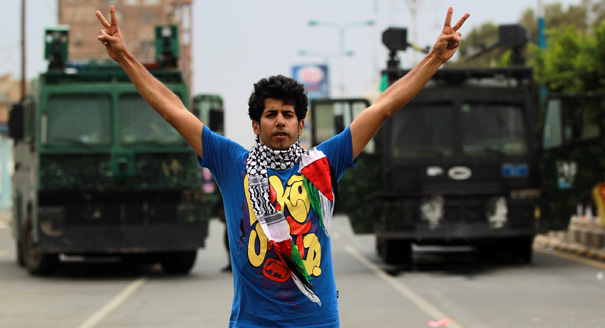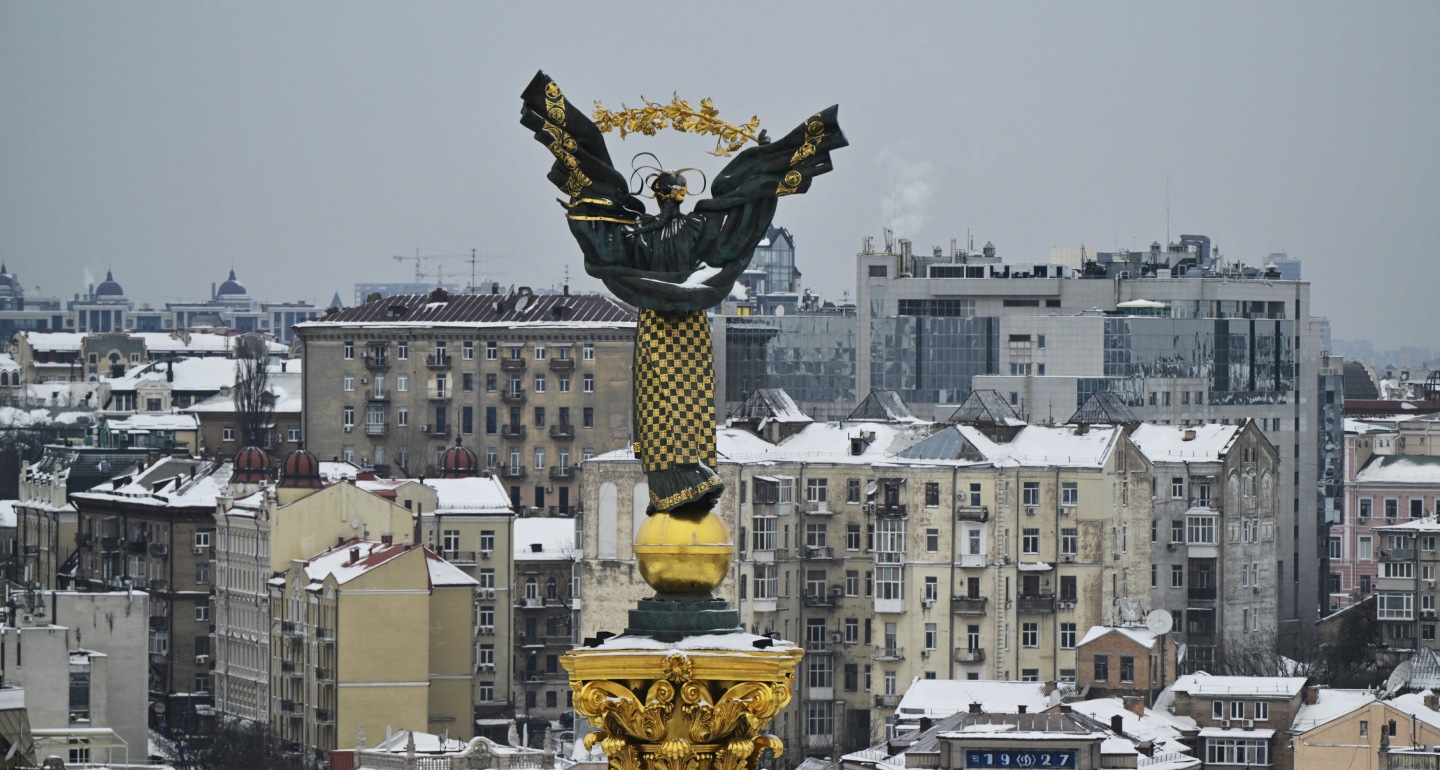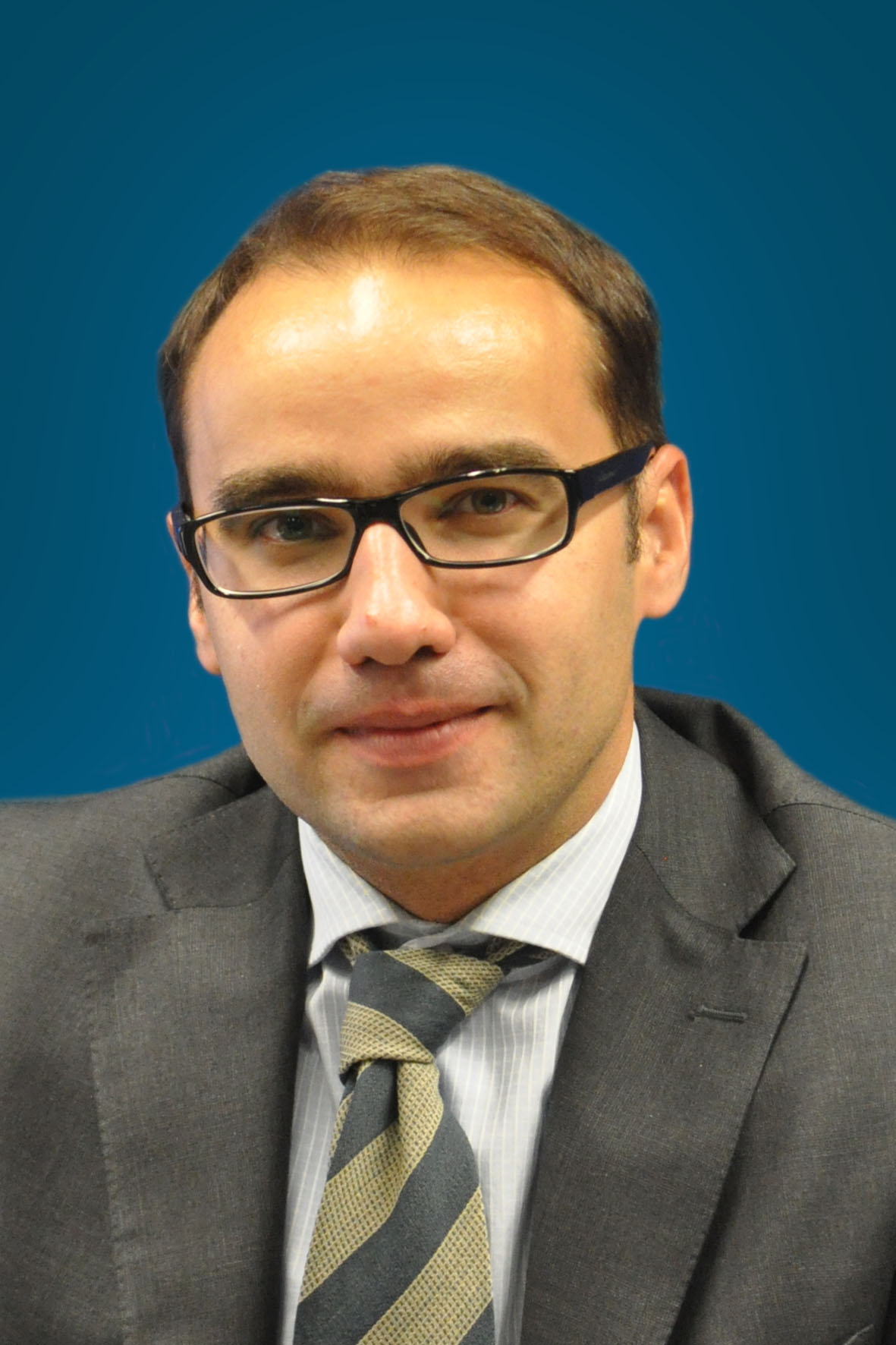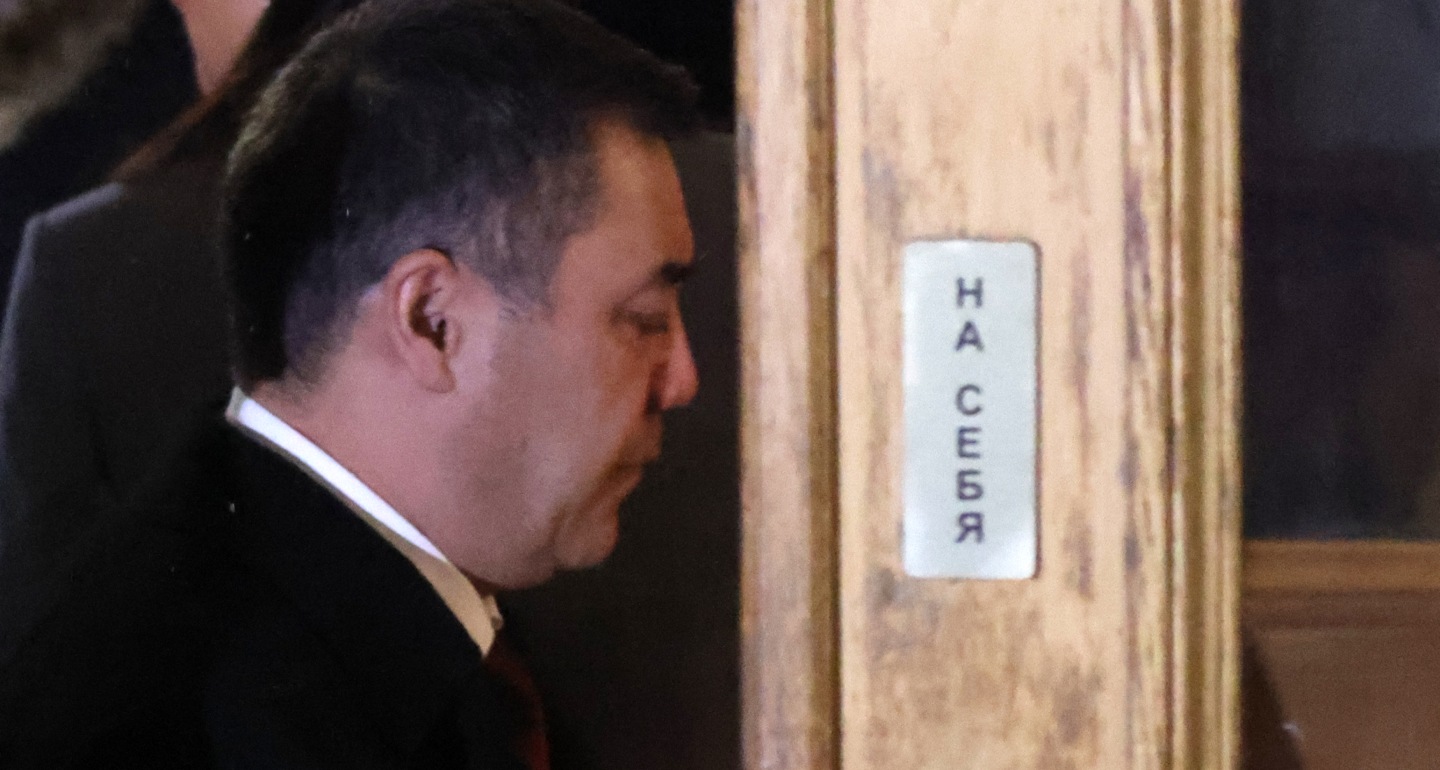Lina Khatib
{
"authors": [
"Lina Khatib"
],
"type": "legacyinthemedia",
"centerAffiliationAll": "",
"centers": [
"Carnegie Endowment for International Peace",
"Malcolm H. Kerr Carnegie Middle East Center",
"Carnegie Europe"
],
"collections": [],
"englishNewsletterAll": "",
"nonEnglishNewsletterAll": "",
"primaryCenter": "Malcolm H. Kerr Carnegie Middle East Center",
"programAffiliation": "",
"programs": [],
"projects": [],
"regions": [],
"topics": [
"Political Reform"
]
}
Source: Getty
Carnegie Style? Youth, Rigor, and Openness
The Carnegie Middle East Center celebrates its tenth year anniversary.
Source: L'Orient-Le Jour
The Carnegie Middle East Center celebrated its tenth year anniversary yesterday. It was an opportunity for the center to host a conference with a large number of policy experts from various backgrounds. A look back on a decade’s achievements with the center’s director, Lina Khatib.
Ten years after the opening of the Carnegie Center, what are you most proud of?
I am very proud that the center has a new generation of scholars, from the Levant and North Africa, with diverse backgrounds. We work together on issues that intersect our specific areas of expertise. Since the region is very complex and the problems of Arab countries are deeply entangled, the traditional mode of analysis is no longer appropriate today. We need new ways of thinking. For example, we cannot isolate politics from the economy or security from politics. I am proud to say that our scholars are able to work together as a team to analyze the existing synergies between all these different topics.
Where, in your opinion, is there a space for improvement?
Like all research centers, we are limited by our resources. We constantly strive to stay up-to-date and to work well, while preserving our integrity. It is always hard, especially in this region, to have access to funds with no strings attached. Since we do not accept any kind of conditional money, we struggle to perform with a limited budget. The other challenge we face is regional instability. As a Middle East center, we would like to have a presence in different countries. However, this is currently impossible in Libya, Yemen, Syria and even Iraq. We are always torn between our desire to be in the field and the lack of means to do so. This, in fact, is a source of continuous frustration.Is there such a thing as a Carnegie style?
Yes, actually there is. I would define it as a mix of political field research with analysis. Often in the Arab world, the think tanks approach is rather historical, and that of academic research centers rather conceptual. Both are important, of course, but what distinguishes our work is that we observe the field and remain in direct contact with political actors as we draw our conclusions. We organize events which aim to inform as well as analyze at the same time, without advancing any agenda on behalf of political stakeholders.
Is Carnegie an actor in the evolution of Arab societies?
We are not activists. We are not involved in lobbying nor do we defend any political entity or government. We are 100 percent independent. However, we are actors in the sense that we offer concrete policy tracks that we recommend to politicians, both Western and Arab, to follow. However, this does not rise to the level of lobbying. We simply present our analyses, which are always individual. The scholars have their own theories and opinions which might at times be at odds with each other’s. The institution, itself, has no single line of thought.
What are the goals that Carnegie has set for itself for the coming years?
In order for a think tank like ours to endure, we need to support a new generation of scholars. This is what we are striving to cultivate in the center, ever since I was appointed at its head. Most scholars are in their thirties or younger. These people will still be here in the next ten years, in Carnegie or elsewhere, and they will strengthen our action. This is how we promote research culture in the Middle East, by bringing in young and fresh minds. We involve young people, rather than marginalize them on the basis that they have yet to prove themselves.
What was the situation in the region when Carnegie Middle East was established a decade ago?
In late 2005, the Carnegie Middle East Center was inaugurated at a time when Lebanon was in full political upheaval. But it was also a time of hope because Beirut was perceived as the most open Arab capital. Of course, things changed locally in 2006, but the rest of the Arab world, except for Egypt, was very stable. But it was false stability, and the seeds of the Arab Spring had already been sown and only waiting for the right time to bear their fruit. Carnegie focused on political reforms and political Islam which, at the time, were not considered hot topics because the area seemed peaceful. But this is what made the reputation of the Carnegie Middle East Center, because it shed the light, quite rightfully, on issues which were to become highly problematic in the region.
How do you assess the current political situation in the region?
The conflicts in which many countries in the region are mired will worsen in the short run. However, this is an inevitable step because we are going through a major political transition. Transitions never follow a linear path nor are they achieved without damage. The regional political situation will become even more complex and, unfortunately, more violent.
This article was originally published in French by L’Orient-Le Jour.
About the Author
Former Director, Middle East Center
Khatib was director of the Carnegie Middle East Center in Beirut. Previously, she was the co-founding head of the Program on Arab Reform and Democracy at Stanford University’s Center on Democracy, Development, and the Rule of Law.
- Syria's Last Best Hope: The Southern FrontIn The Media
- The Islamic State’s Strategy: Lasting and ExpandingPaper
Lina Khatib
Recent Work
Carnegie does not take institutional positions on public policy issues; the views represented herein are those of the author(s) and do not necessarily reflect the views of Carnegie, its staff, or its trustees.
More Work from Carnegie Endowment for International Peace
- The Kremlin Is Destroying Its Own System of Coerced VotingCommentary
The use of technology to mobilize Russians to vote—a system tied to the relative material well-being of the electorate, its high dependence on the state, and a far-reaching system of digital control—is breaking down.
Andrey Pertsev
- Notes From Kyiv: Is Ukraine Preparing for Elections?Commentary
As discussions about settlement and elections move from speculation to preparation, Kyiv will have to manage not only the battlefield, but also the terms of political transition. The thaw will not resolve underlying tensions; it will only expose them more clearly.
Balázs Jarábik
- Indian Americans in a Time of Turbulence: 2026 Survey ResultsPaper
A new Carnegie survey of Indian Americans examines shifting vote preferences, growing political ambivalence, and rising concerns about discrimination amid U.S. policy changes and geopolitical uncertainty.
- +1
Milan Vaishnav, Sumitra Badrinathan, Devesh Kapur, …
- Can Europe Still Matter in Syria?Commentary
Europe’s interests in Syria extend beyond migration management, yet the EU trails behind other players in the country’s post-Assad reconstruction. To boost its influence in Damascus, the union must upgrade its commitment to ensuring regional stability.
Bianka Speidl, Hanga Horváth-Sántha
- Where Does the Split in the Ruling Tandem Leave Kyrgyzstan?Commentary
Despite its reputation as an island of democracy in Central Asia, Kyrgyzstan appears to be on the brink of becoming a personalist autocracy.
Temur Umarov












